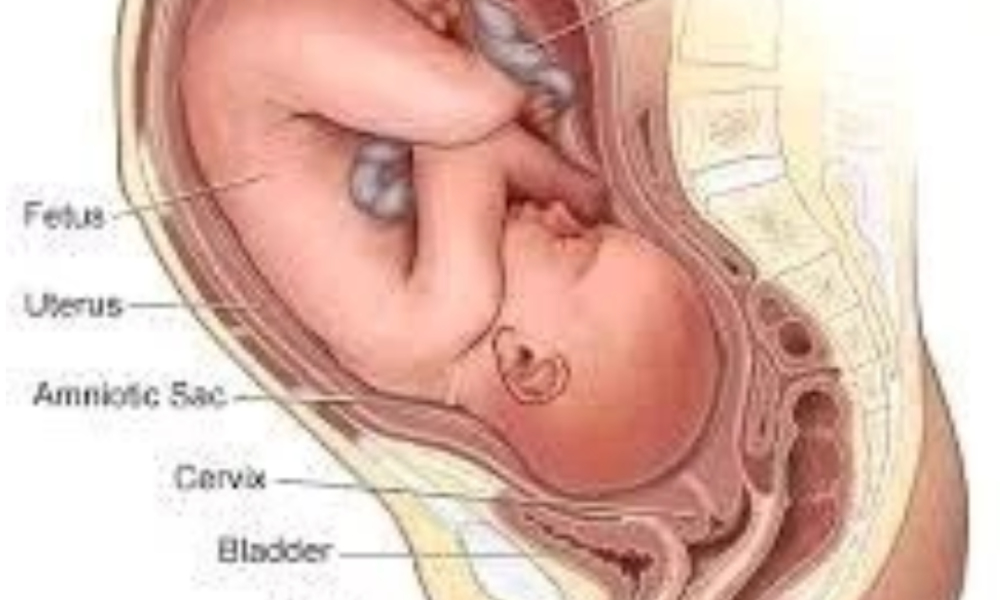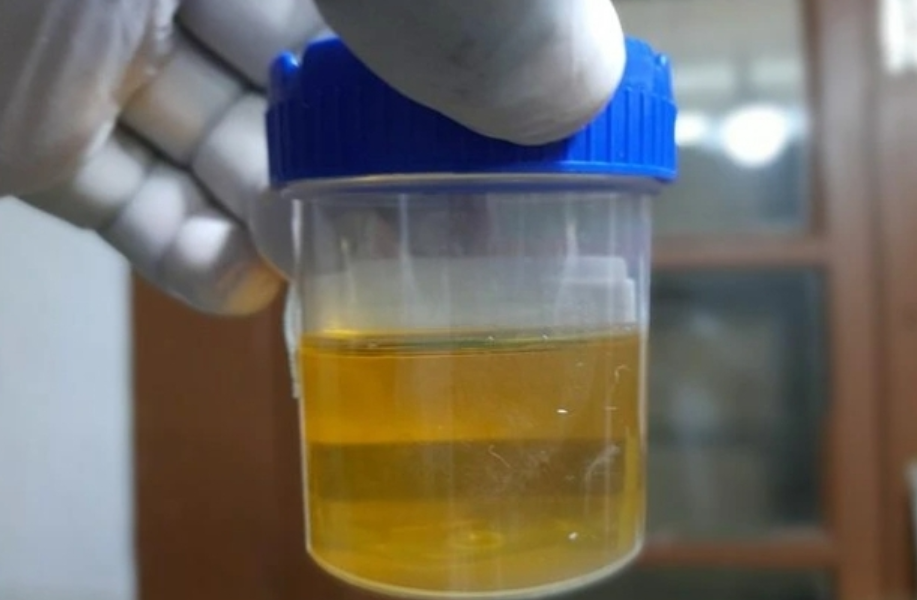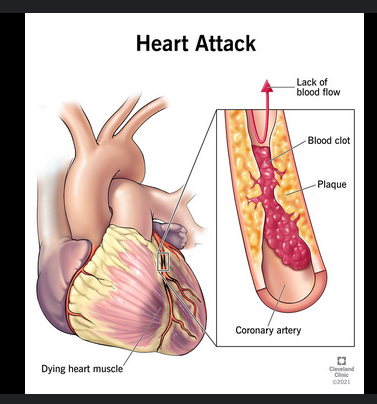Maintaining a healthy womb is essential for overall reproductive health and well-being. While there’s no magic food that guarantees womb health, incorporating certain nutrients into your diet can support optimal reproductive function. Here are three things every woman should eat regularly to keep her womb healthy:…Click Here To Continue Reading>>
**1. Leafy Green Vegetables:**
Leafy green vegetables such as spinach, kale, Swiss chard, and collard greens are rich in folate, a B vitamin essential for reproductive health. Folate plays a crucial role in…Read More…>>>
DNA synthesis and cell division, making it important for the growth and development of healthy cells in the womb. Adequate folate intake before and during pregnancy can help prevent neural tube defects and support proper fetal development. Additionally, leafy greens are high in antioxidants, vitamins, and minerals that support overall health and may reduce the risk of chronic diseases.
**2. Fatty Fish and Omega-3s:**…Click Here To Continue Reading>>
Fatty fish like salmon, mackerel, trout, and sardines are excellent sources of omega-3 fatty acids, specifically EPA (eicosapentaenoic acid) and DHA (docosahexaenoic acid). Omega-3s are essential fats that play a vital role in regulating inflammation, hormone production, and blood flow, all of which are important for reproductive health. Studies suggest that omega-3 fatty acids may help regulate menstrual cycles, reduce the risk of endometriosis, and support fertility. Including fatty fish in your diet can also provide protein, vitamin D, and other nutrients important for overall health and well-being.
**3. Whole Grains and Fiber:**
Whole grains such as oats, quinoa, brown rice, and barley are rich in fiber, vitamins, minerals, and phytonutrients that support reproductive health. Fiber plays a crucial role in regulating hormone levels, promoting regular bowel movements, and supporting gut health, which in turn may influence reproductive function. A diet high in fiber-rich foods can help maintain healthy weight management, reduce the risk of insulin resistance, and lower levels of inflammation, all of which are important for womb health. Additionally, whole grains provide sustained energy and can help stabilize blood sugar levels, supporting overall hormonal balance.
Incorporating these three categories of foods into your regular diet can contribute to a healthy womb and support optimal reproductive function. However, it’s essential to remember that overall dietary patterns and lifestyle factors, such as regular exercise, stress management, and adequate hydration, also play crucial roles in maintaining reproductive health. Additionally, consulting with a healthcare provider or registered dietitian can provide personalized guidance on nutrition and lifestyle choices to support womb health.
…Click Here To Continue Reading>>
…Click Here To Continue Reading>> …Click Here To Continue Reading>> …Click Here To Continue Reading>>







